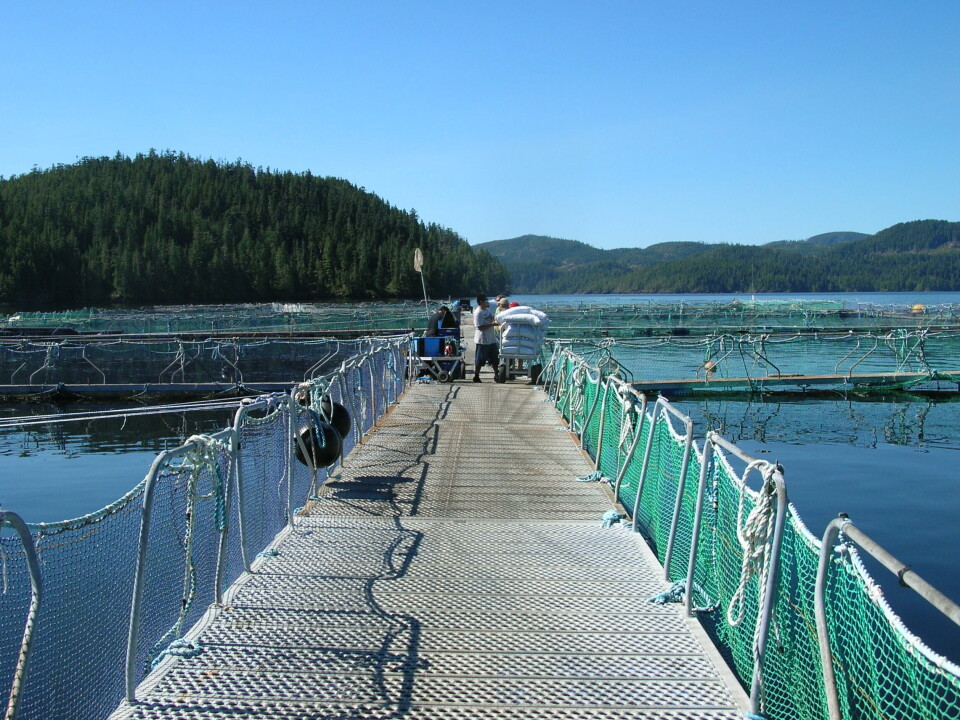
US community bans aquaculture
Brian Kelly, editor of the Bainbridge Island Review, reporteds that:
Mayor Anne Blair said the vote on a moratorium was needed because the issue was "a time-sensitive emergency." City officials noted the city's Shoreline Master Program was being challenged before a state growth management hearings board, and that the city's new aquaculture rules - adopted last year with the council's approval of the SMP - were the basis of one of the legal challenges.
Council members had decided at a previous meeting to revisit the new rules for possible changes this year. The ban was passed unanimously on a 7-0 vote.
The 168 square km island community, west of Seattle, is where Icicle Seafoods has some of its salmon farms. The company also has farms in Puget Sound around Cypress and Hope Islands near Anacortes, as well as outside Port Angeles in the Strait of Juan de Fuca, which forms the boundary with British Columbia (Vancouver Island). According to Icicle, its annual production of about 15 million pounds (~6,800 tonnes) of salmon comes from pens that cover approximately 21 acres (~ 0.085 square kilometers) of the region’s 1.16 million acres (~ 4,700 square kilometers) of ocean.
One of Icicle’s goals is to be able to grow its business in Washington State in order to replace some of the approximately 200 million pounds (~90,000 tonnes) of farmed salmon and trout coming into the US from Chile each year. This could potentially add another US$ 270 million (~€ 233 million) to the region’s economy, and greatly increase the 110 full-time jobs that the company’s activities support today. A new fish farm in public waters in Washington State must obtain a long list of permits and approvals - most of which are dealt with by various Federal and State agencies. But a couple of permits must also be issued by local counties or city planning departments, such as the Shoreline Substantial Development Permit or the Conditional Use Permit.























































